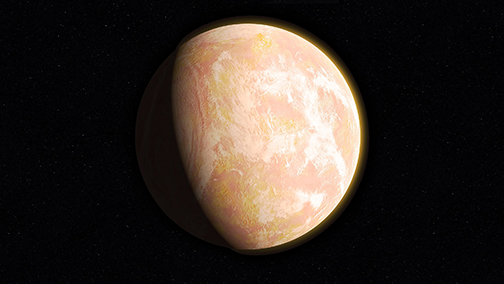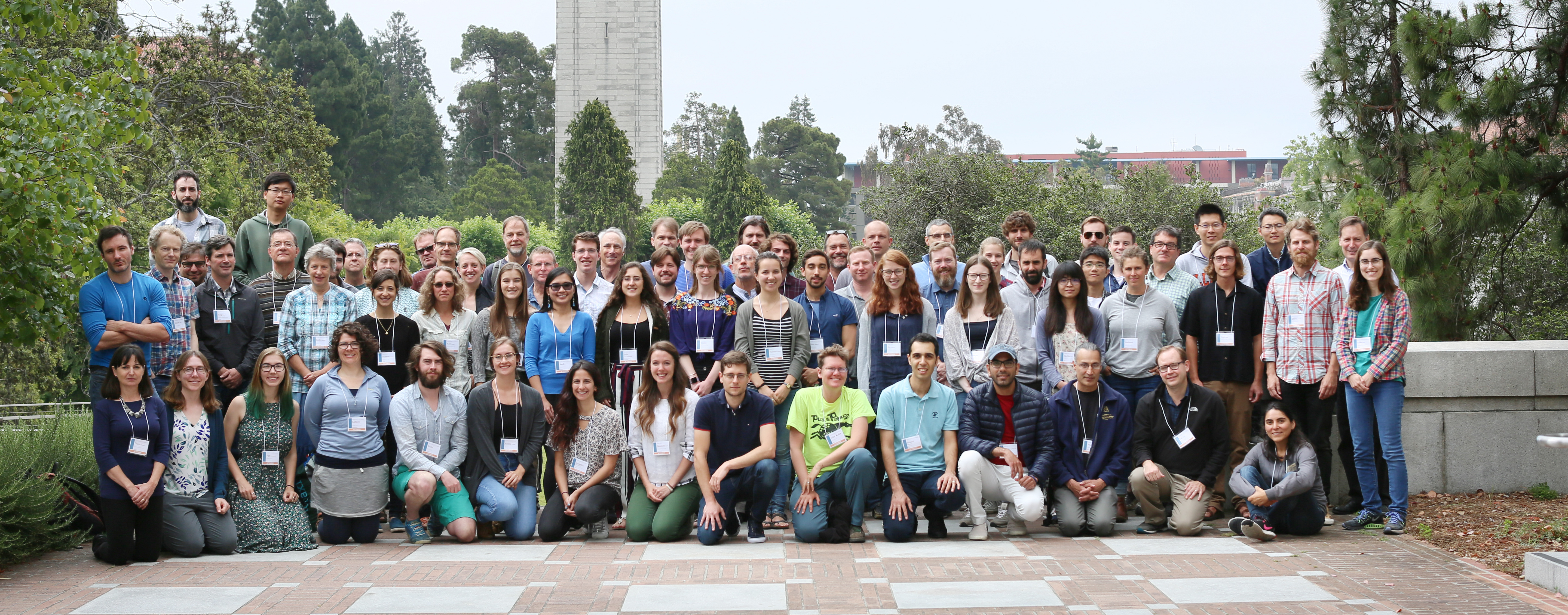The CIDER 2020 summer program focuses on the evolution of physical and chemical conditions that allowed life to gain a foothold. This broad program will cover the details of planetary formation and the subsequent evolution of this initial state through the early Earth and through the onset of plate tectonics. At each stage, we explore the interplay between Earth’s surface environment and the evolution of the interior. Lectures and tutorials will be organized around four topical subdivisions: planetary formation and interiors, surfaces and their habitability, atmospheres, and climate, and planetary processes and observations. The latter topic draws on recent advances in the study of exoplanets.
CIDER's collaborative and interdisciplinary nature provides an ideal venue to introduce students and postdocs to exciting research challenges in the study of the early Earth. The Program brings together scientists at all stages of their careers and from across all disciplines to identify important research questions that can be advanced through interdisciplinary collaboration.

Use this link to Apply NOW. The deadline for applications is February 28, 2020.
Organizers & Program Committee:
- Mohabbat Ahmadi, U.C. Berkeley, CIDER Program Manager (Non-Technical)
- Ariel Anbar, Arizona State
- David Catling, University of Washington
- Brad Foley, Penn State University
- Marc Hirschmann, University of Minnesota
- Tim Lyons, UC Riverside
- Roberta Rudnick, UC Santa Barbara
- Hilke Schlichting, UCLA
- Christy Till, Arizona State University
- Bruce Buffett, U.C. Berkeley, CIDER PI
Similar to previous CIDER summer programs, the program is structured as follows: Week 1 - 4 (June 28 – July 24) Lectures, tutorials, and workshops open to advanced graduate students and post-docs, as well as senior participants.
Support:
Travel and on-site expenses are provided to those senior participants that stay for two weeks or longer and to grad students/post-docs that commit for the 4 weeks of the lecture tutorial program. We cannot provide support for travel from outside of the US. However, on-site support for foreign participants (senior or junior) accepted to the program is provided.
Location:
This summer program will be held on the campus of the University of California, Santa Barbara, CA, USA.
Confirmed Lecturers:
- Ariel Anbar
- Paul Asimow
- Andy Biggin
- David Catling
- Fred Ciesla
- Peter Driscoll
- Rebecca Fischer
- Brad Foley
- Greg Fournier
- Hilairy Hartnett
- Marc Hirschmann
- Tim Lyons
- Noah Planavsky
- Roberta Rudnick
- Hilke Schlichting
- Dawn Sumner
- Johanna Teske
- Cayman Unterborn
- Lauren Weiss
- Kevin Zahnle

